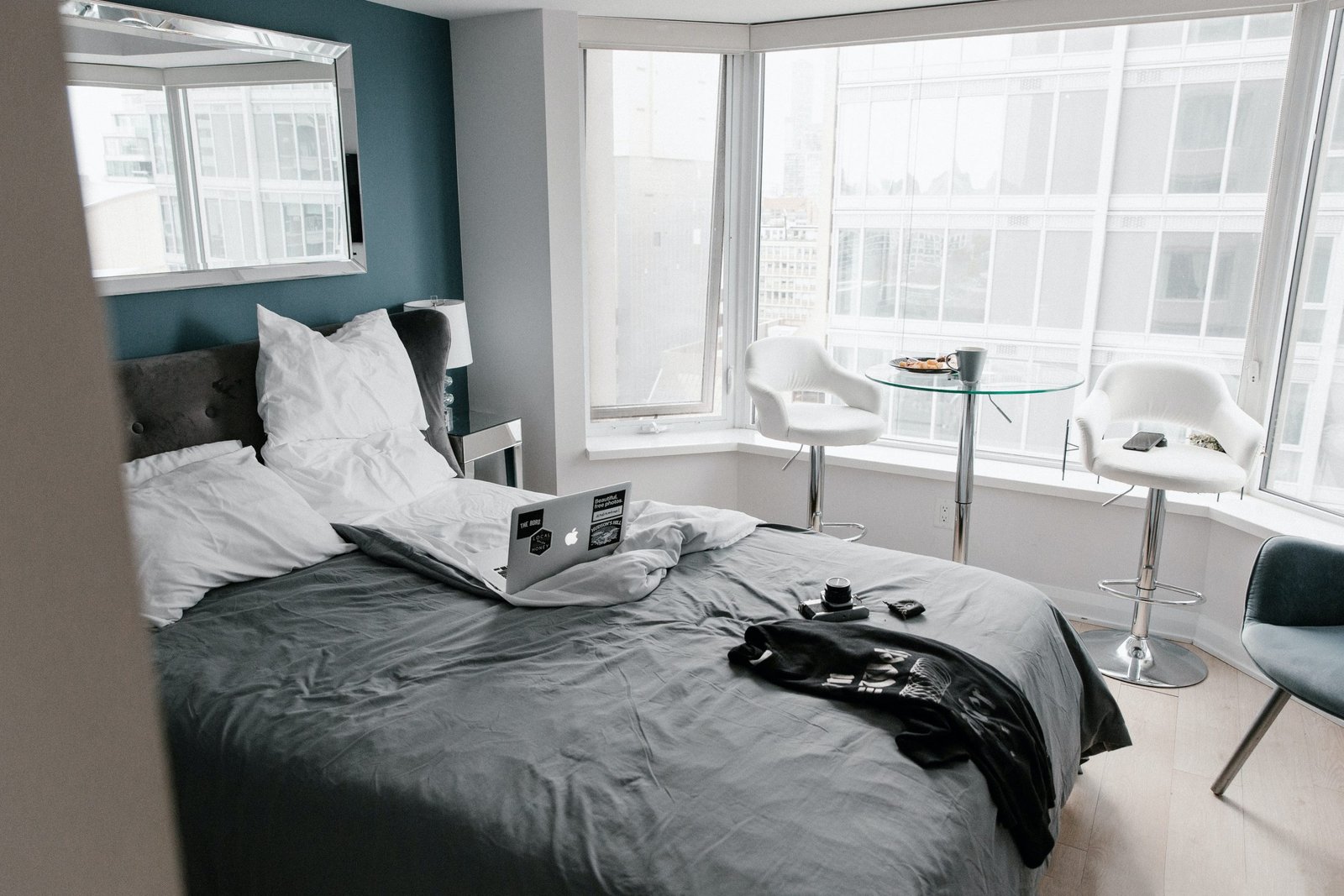It’s no secret that technology has made our lives easier in so many ways. But what about the hotel industry?
With more and more people booking their accommodations online, hotels have had to adapt to this new world order or risk being left behind.
This article will explore how the rise of technology has revolutionized the way hotels work, both for guests and employees.
Easy booking systems
On the most basic level, it is now much easier for guests to book a room at their favorite hotel. With online booking systems enabling travelers to choose from hundreds of different hotels, as opposed to just three or four, customers have more options with this new hospitality technology and can even see who has the best deals on a given night. Technology also makes price comparisons between different websites a cinch, allowing customers to find the lowest prices and best deals for their desired dates.
In addition, many people now use travel sites or apps that partner with hotels to show the real-time availability of rooms at certain establishments. These systems work off of live data from hotels’ inventory management software, which is updated all the time. With one glance, customers can see how many rooms are available for a given date and which establishments still have open beds. If the hotel is a big chain for example they may get a lot of queries all at once and may struggle to keep up with the demand, technology has now got a method for call center automation to help it run efficiently and in the best possible way.
Increased efficiency and productivity
All of this technology has made it easier than ever for hotels to become more productive, which is great news for their bottom line. On the front-end, managers can now give out room assignments through an online portal or mobile phone app. This saves employees the trouble of having to call or page guests with their room numbers, which can be frustrating for everyone involved.
On the back-end, inventory management software enables managers to forecast how much product they need well in advance. If a convention is coming into town next week and there are 25 rooms left to sell, this system will alert managers, so they can plan accordingly. Check out this technology-driven hotel management software that will make all of this work accessible and increase the hotel business’s productivity and efficiency.
With all of this data at their fingertips, hotel managers can now make more informed decisions and better allocate limited resources as needed. This improves the customer service experience for everyone involved and helps ensure that guests have everything they need before checking in.
Increased guest satisfaction
Because employees are better able to track inventory and manage rooms, they can do a much better job of keeping rooms clean and guests happy. For example, employees won’t book multiple groups or families into the same room if it’s already occupied, as has happened in the past.

By being able to track how many people are staying at a hotel on a given night, cleaning staff will know exactly which rooms need to be cleaned. Rather than just cleaning the same number of rooms per day no matter how many guests are staying at a hotel, this ensures that more rooms will get attention on busier nights when they are needed most. For companies with multiple hotels operating in different cities or even different countries, technology has enabled them to keep track of all their inventory and use it to improve their services. In the end, this will raise the bar of satisfaction for your visitors and increase your chances of getting a nice review!
Improved security
While many hotels had security cameras installed for safety purposes, they were only watching the front desk and exterior of a hotel. These days, many establishments have gone hi-tech with their security by installing cameras that can be viewed from mobile phones or other portable devices.
Not only does this add an extra layer of protection for guests and employees on property, but it also allows managers to keep an eye on things when they are away. With these cameras, managers can ensure that guests’ cars are secure in the hotel parking lot, even when they’re elsewhere.
Predictive analytics software
Many hotels use predictive analytics software to forecast how much revenue is coming in over a given period of time. By using data like expected occupancy rates, average daily rates, and even weather reports, these systems enable managers to make informed decisions that can boost company revenue or save them money.
The software usually starts by crunching data related to occupancy rates over the past several years at a particular establishment. It then uses this information to forecast how busy it will be on nights with similar weather patterns coming up. In addition to using historical data, some programs also take into account external factors that affect occupancy rates. These include economic conditions and events going on in the community as a whole.
Improved workflow
While many hotels used to make employees rely on manual reports and spreadsheets for most of their work, hospitality technology solutions have streamlined operations and made them more efficient than ever before. Instead of waiting until the end of the month to tally up all of their reservations, managers can now access live data from multiple properties on a daily basis.
This saves employees the hassle of having to go through piles of paperwork or fill out complex reports that are prone to errors. With everything available at their fingertips and in real-time, it’s much easier and more efficient for them to make decisions and complete tasks.

Cheaper and faster communication
Communication between employees and guests used to rely on landlines and written notes. It was frustrating for both groups, as it would take a significant amount of time before the right person could be reached and information exchanged. Now, many hotels have moved exclusively to digital platforms like email or text messaging that can reach employees instantly. This makes it possible for managers to send emails informing employees of a special request or question from a guest, and for those employees to send an immediate response that makes the customer feel valued.
Some hotels even use chatbots, which are computer programs designed to simulate conversation with humans. Many such systems can be accessed through the hotel’s website, as well as via instant message. This allows guests to ask any questions they have about a hotel, from restaurant recommendations to how to work the TV, and get automatic responses from a computer.
With these features, it’s no wonder that many hotels across the world have adopted technology in order to improve their services and make employees’ lives easier. A number of changes have been made since hotel management systems were first introduced, but one thing has remained the same: they continue to help businesses run more efficiently and boost their bottom line.






